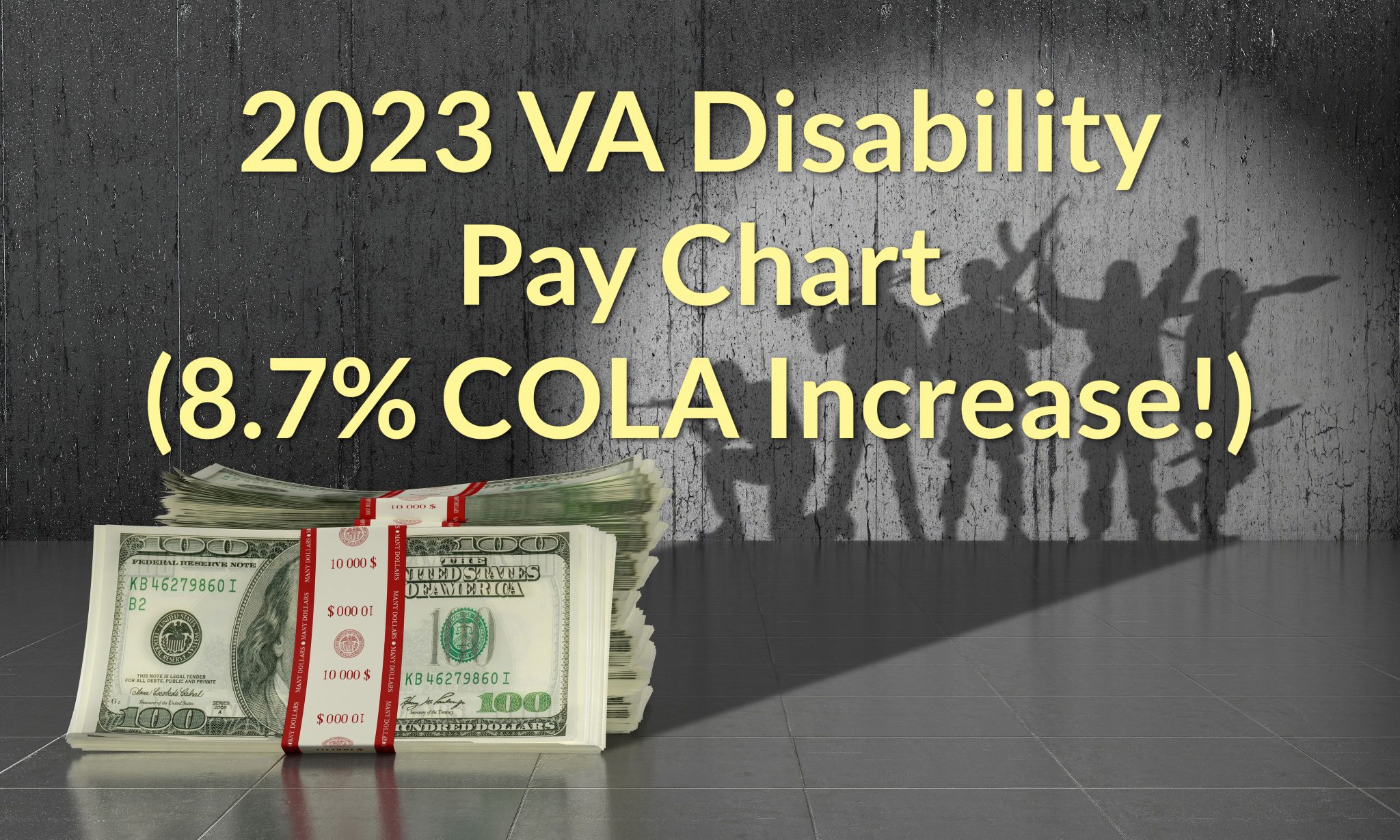Navigating the Labyrinth: Disability Benefits for Veterans
Let's be real—navigating the world after serving in the military can feel like charting a course through a nebula. There are forms, processes, and acronyms that seem like they belong in a foreign language. And then there's the weight of invisible wounds, the ones that don't come with casts or crutches but deserve recognition and support nonetheless. This is where disability benefits for veterans come in—a lifeline for those who've sacrificed so much for our country.
The idea that those who served deserve care and support upon their return is not new. In fact, it's woven into the fabric of our nation's history. From pensions offered to Revolutionary War soldiers to the establishment of the Veterans Bureau (later the VA) in 1930, the U.S. has long recognized its obligation to those who've borne the battle. Today, the Department of Veterans Affairs offers a comprehensive program of disability benefits, a system designed to provide financial and medical assistance to veterans experiencing service-connected disabilities.
But let's unpack what "service-connected" actually means. It's not just about physical injuries sustained in combat, though those certainly qualify. It also encompasses conditions that developed or were aggravated during service, from hearing loss due to constant exposure to loud noises to PTSD triggered by traumatic experiences. And this is where things can get tricky. The process of proving that a condition is directly linked to your service requires meticulous documentation, often involving medical records, service records, and even buddy statements from fellow veterans who can corroborate your experiences.
This brings us to why understanding disability benefits for veterans is so crucial. For many, it's not just about receiving financial compensation, though that's undoubtedly important, especially when a disability affects your ability to work. It's about accessing vital healthcare services tailored to the unique needs of veterans, from mental health counseling to specialized medical treatments. It's about regaining a sense of stability and security after the often-turbulent transition back to civilian life. It's about acknowledging the invisible sacrifices and ensuring that those who served are not forgotten.
While the system can feel overwhelming, remember that you don't have to navigate it alone. There are countless resources available, from veterans service organizations (VSOs) like the American Legion and Veterans of Foreign Wars (VFW) to accredited attorneys who specialize in veterans law. These organizations and individuals can provide invaluable guidance, helping you gather the necessary documentation, understand your eligibility, and advocate for your rights throughout the process. Think of them as your seasoned sherpas, guiding you through the often-confusing terrain of VA benefits.
Advantages and Disadvantages of Disability Benefits for Veterans
| Advantages | Disadvantages |
|---|---|
| Financial compensation to supplement income | Can be a lengthy and complex application process |
| Access to specialized healthcare services | Potential for delays in receiving benefits |
| Support for dependents in some cases | Navigating the VA system can be challenging |
While navigating the complexities of disability benefits for veterans might initially appear daunting, remember this: You've faced down challenges before, and you emerged stronger. Armed with the right knowledge and support, you can successfully navigate this process and access the benefits you deserve. Remember, seeking help is not a sign of weakness but a testament to your strength and resilience.
The art of science tech covers aesthetics and impact
Unmasking the mystery william afton kids names revealed
Srm university courses and fees comprehensive guide







